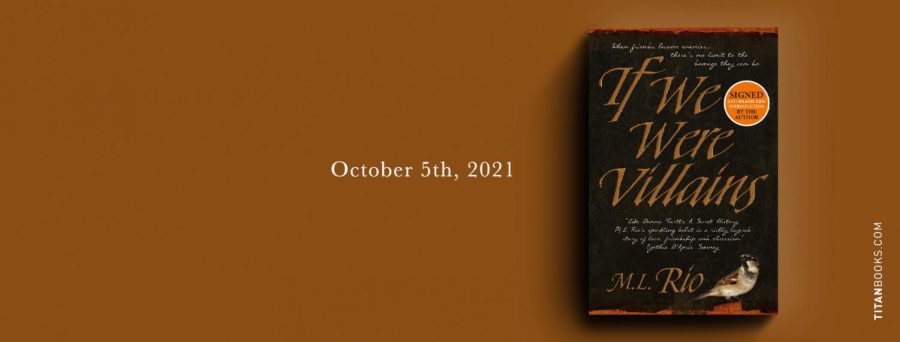If you grew up in the 2010s, you might remember the surge of young readers. Students talked about their favorite book characters while waiting for class, read while walking to lunch and debated who would survive in a dystopian universe. The era of fantasy and dystopian novels (“The Hunger Games,” “Twilight,” “The Maze Runner”), was at an all-time high before stopping altogether. No longer did students read for pleasure, or even for class. The time for leisurely turning a page, pressing a receipt — a makeshift bookmark — in the spine’s crack, was over.
That was until the pandemic closed all doors and opportunities for others. With little else to do, people turned to the activities they’d meant to get around to. Looking at their decorative shelves, the comfort and joy of reading had a renaissance for the generation. Suddenly, reading for fun wasn’t given side-eyes, but full attention and an audience. The hashtag, #booktok, has almost 30 billion views on TikTok, proving the demand for good stories.
With the popularity has come subgroups trying to centralize their taste, including “dark academia.” With 1.5 billion views on TikTok and around 1.2 million posts on Instagram, it’s fair to say the style has quite a loyal fanbase. Dark academia is known for the romanticization of literature, cardigans and studious attire, sepia-tinted photographs and boarding schools.
One of the larger titles to come out of this era is M.L. Rio’s debut novel, “If We Were Villains.”
The story begins at the end, or rather a time-skip of the events. Protagonist Oliver Marks is released from prison. Readers find out he’s been incarcerated for 10 years for murder, and the lead investigator on his case comes to see him. Detective Colborne is now retired, and he wants to hear what happened on that dreadful night. Oliver is finally ready to tell his story, and to relive it.
Taking place in the late ‘90s, the book is largely set at Dellecher Classical Conservatory, a prestigious school that guarantees success to its students. The school has majors such as dance, Latin, Greek, traditional art and more, but the theatre department is the focus of the story — namely, the group of seven fourth-years. Each has a role to fill on and off stage. Oliver is always the supporting best friend to his roommate James, who gets the heroes. Meredith is stunning and gets the part that makes the audience pine over her the most, and Richard has the typical build and personality for macho characters. As tensions rise in their stage text and after-class parties, however, characters’ actions become worse.
References to Shakespeare in plot points, writing structure, book formatting and overarching themes are found throughout the book. The theatre department only puts on plays from Shakespeare’s catalog, namely tragedies like “Julius Caesar,” “King Lear” and “Macbeth.”
The book will occasionally switch to the speaking style of a Shakespeare play, and each chapter is titled as a scene.
These small details added to my reading experience. The plot is enticing and had me reading while walking around campus, much like I did in middle school with the rest of my classmates. Though the language is somewhat dense, it is quite a read once you pass that threshold. It’s even sparking interest in Shakespeare’s other productions, which is never a bad thing. Much like the ending of the novel, the fate of reading becoming popular universally is both ambiguous and left with unanswered questions.
Sierra Thornton can be reached at [email protected].



















